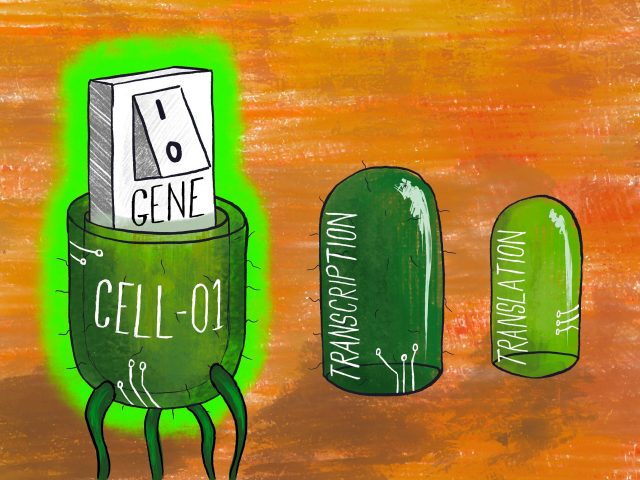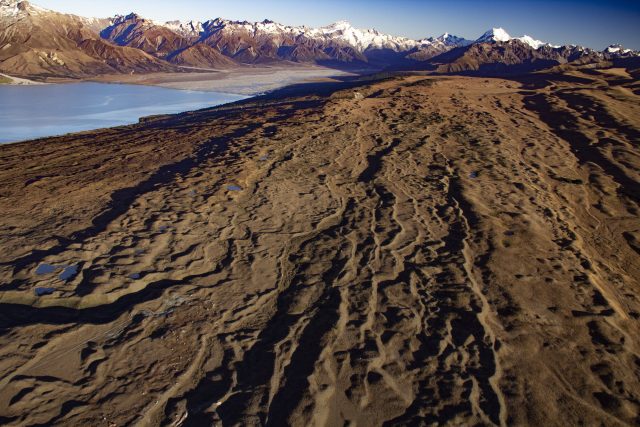Scientists at the Institute for Integrated Cell-Material Sciences (iCeMS) and colleagues in Japan have revealed molecular mechanisms involved in eliminating unwanted cells in the body. A nuclear protein fragment released into the cytoplasm activates a plasma membrane protein to...
When geobiology graduate student Katie Maloney trekked into the mountains of Canada's remote Yukon territory, she was hoping to find microscopic fossils of early life. Even with detailed field plans, the odds of finding just the right rocks were...
A new study is the first to identify how human brains grow much larger, with three times as many neurons, compared with chimpanzee and gorilla brains. The study, led by researchers at the Medical Research Council (MRC) Laboratory of...
The Research Group on Synthetic Biology for Biomedical Applications at Pompeu Fabra University in Barcelona, Spain, has designed a cellular device capable of computing by printing cells on paper. For the first time, they have developed a living device...
How did life begin on Earth and could it exist elsewhere? Researchers at Simon Fraser University have isolated a genetic clue—an enzyme known as an RNA polymerase—that provides new insights about the origins of life. The research is published...
In a recent study led by the University of Bristol, scientists have shown how to simultaneously harness multiple forms of regulation in living cells to strictly control gene expression and open new avenues for improved biotechnologies.
Engineered microbes are increasingly...
Drugs can only work if they stick to their target proteins in the body. Assessing that stickiness is a key hurdle in the drug discovery and screening process. New research combining chemistry and machine learning could lower that hurdle.
The...
The coronavirus' structure is an all-too-familiar image, with its densely packed surface receptors resembling a thorny crown. These spike-like proteins latch onto healthy cells and trigger the invasion of viral RNA. While the virus' geometry and infection strategy is...
Male animals are less likely to try to attract a mate when they are in poor condition, a paper published in Nature Ecology and Evolution has found.
The study looked at how individual condition influences investment into courtship behavior in animals. Its author, Dr. Liam...
How much did SARS-CoV-2 need to change in order to adapt to its new human host? In a research article published in the open access journal PLOS Biology Oscar MacLean, Spyros Lytras at the University of Glasgow, and colleagues, show that...
Humans rely on nature extensively for everything from food production to coastal protection, but those contributions might be more threatened than previously thought, according to new findings from the University of Colorado Boulder.
This research, out today in Nature Communications, looked...


















